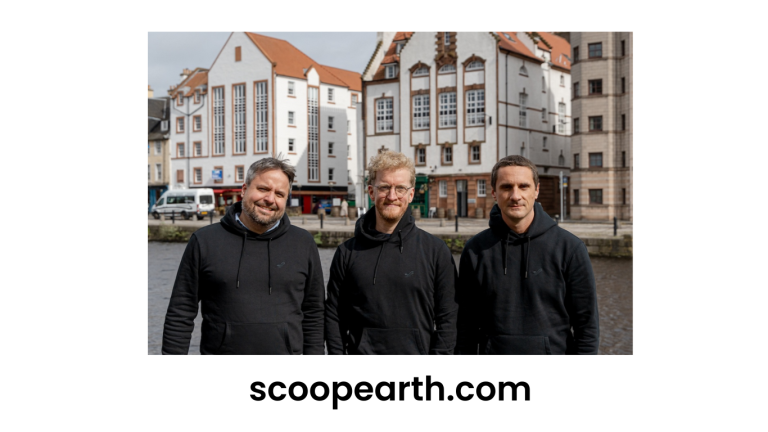Edinburgh-based AI legal assistant platform Wordsmith has recently secured $5 million in seed investments. This funding round involved Index Ventures, General Catalyst, and angel investors such as Skyscanner’s founder Gareth Williams.
Wordsmith, founded in 2023 by Ross McNairn, Volodymyr Giginiak, and Robbie Falkenthal, aims to address a critical challenge faced by in-house legal teams: the flood of numerous repetitive activities that can make practicing lawyers barely manage the operational requirements. Here we are talking about Edinburgh AI startup Wordsmith raises $5 million to automate legal tasks.
Seed Funding Details
The company attracted $5 million in seed funding. Led by Index Ventures, the round also included General Catalyst and individual angel investors, including Skyscanner’s founder. These funds will be utilized to grow the business and enhance Wordsmith’s offering.
AI-Powered Legal Assistance
Wordsmith uses generative AI to help out legal professionals. It does not intend to be a substitute for lawyers but to enhance their functions. They achieve the throughput of a world-class lawyer, a 99% cost reduction over traditional law firms, and all this within 60 seconds.
Wordsmith’s AI Platform
Wordsmith, the Edinburgh-based AI legal assistant platform, works under the model of a “lawyer-in-the-loop generative AI”. Legal teams in a company set up Wordsmith by integrating it with the company’s data feeds. It employs a set of fundamental LLMs, which include OpenAI’s GPT-4 and Anthropic’s Claude.
Wordsmith helps employees with legal activities like analyzing contracts and providing information concerning such documents. It does not eliminate lawyers but enhances the services they offer. Wordsmith disrupts core legal processes by automating repetitive tasks thus freeing legal professionals to work on more value addition tasks.
User experience on Wordsmith’s platform
The interface Wordsmith has created for his clients is easy to maneuver, efficient, and conducive to the work that legal professionals do. Wordsmith has made its API easy to interact with through a self-explanatory interface. The layout is convenient and allows legal professionals to find the desired features without any difficulties.
All of these aspects imply that users can delegate routine tasks to Wordsmith. Some of the activities that are managed by the platform include a review of the contacts, documents, and even research. Wordsmith’s built-in artificial intelligence capabilities make it possible to provide fast replies. Legal queries are responded to within sixty seconds making sure that the assistance is timely.
The system also displays a high degree of precision in providing recommendations. A preliminary investigation reveals that Wordsmith saves on costs by eliminating manual work. It can also help the legal teams plan their work and manage resources more effectively.
Built with scalability in mind, Wordsmith adapts well to growing legal workloads. It makes it easier for legal professionals to perform more activities with fewer compromises on quality. Hence, the Wordsmith platform provides cost-effective, automated, and easy-to-use solutions that enable legal teams to work on high-value tasks.
Conclusion
Wordsmith is therefore a leader in a radical change in how professional services are delivered. In using AI, they can enhance legal professionals’ capability to deliver quality, efficient, and more affordable solutions to their clients. With Wordsmith’s disruptive technology, the legal market is set to be revolutionized, creating an abundance of highly specialized legal workers.










